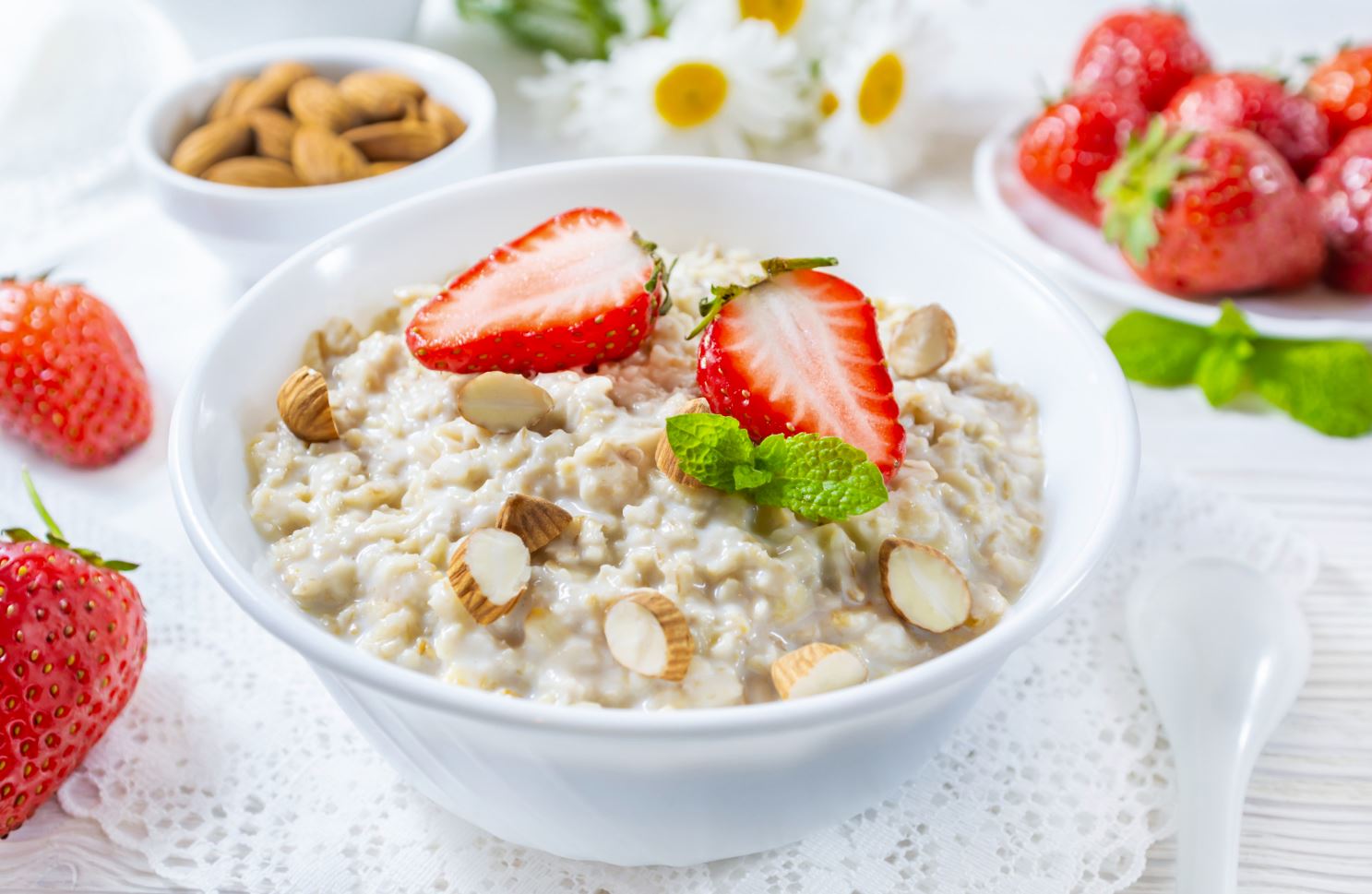Diet For A Natural Detox: Foods That Clean Blood Vessels

As the largest blood vessels in your body, the arteries play a vital role in delivering oxygen and nutrients to every cell, tissue, and organ in the human body. It's safe to say that keeping these essential channels healthy is extremely important for your overall well-being.
How Can I Detox My Arteries Naturally?
Approximately half of all deaths in Western society, as well as strokes and Alzheimer's disease, are attributed to atherosclerosis. The good news is that there are plenty of methods to decrease your risk of clogged arteries and even reverse the accumulation of plaque.
There are various factors that can cause heart disease, some of which may be beyond your control. While you cannot change genetic predispositions, your dietary choices and other lifestyle habits greatly influence the development of clogged arteries, also known as atherosclerosis.
This condition affects the heart and blood vessels. Plaque builds up in the arteries, leading to their narrowing and hardening. Risk factors for developing this condition include smoking, a lack of physical activity, and the food you consume.
Can You Clear Blocked Arteries With Food?
Insulin resistance and atherosclerosis are primarily caused by a diet high in sugar or carbohydrates, as well as being overweight or obese. Strategic changes in diet can help address these risk factors, along with elevated LDL cholesterol, which plays a smaller role in atherosclerosis.
The wisest choice is to follow a diet that includes anti-inflammatory and antioxidant-rich foods such as vegetables, low-glycemic fruits, nuts, seeds, fish, and olive oil while reducing sugar intake and replacing refined grains with small amounts of whole grains. This dietary regime helps maintain balanced blood sugar levels, prevents insulin resistance, and lowers the risk of atherosclerosis and heart disease.
Best Food To Clean Out Your Arteries
Below, we have selected the six healthiest foods that you should incorporate into your diet to keep plaque out of your blood vessels.
1. Green Vegetables
Dark leafy greens like spinach and kale have numerous health benefits. They are rich in nitrates, which improve cardiovascular function and decrease inflammation. Additionally, they are an excellent source of potassium, which prevents the blockage of blood vessels. Including more salads in your diet is a smart choice for maintaining a healthy heart.

2. Seeds And Nuts
Nuts and seeds are an excellent option for a heart-healthy snack. Almonds, cashews, chia seeds, walnuts, sunflower seeds, and flaxseeds are rich in fiber, protein, and healthy fats. Consuming these foods can boost your levels of HDL (the good cholesterol) and reduce LDL (the bad cholesterol), potentially aiding in lowering blood pressure as well.

3. Fatty Fish
Salmon and tuna are excellent sources of omega-3 fats, which have been proven to reduce plaque buildup in arteries. These healthy fats also possess anti-inflammatory properties that can benefit your overall health in numerous ways.

4. Berries
Fresh strawberries, blackberries, raspberries, and blueberries offer a plethora of nutritional benefits. They are not only packed with vitamins, minerals, and fiber but they also boast antioxidants that have been proven to aid in reducing inflammation and lowering the risk of heart disease.

5. Olive Oil
Olive oil, a vital component of the Mediterranean diet, has shown remarkable anti-inflammatory properties. It contains abundant polyphenols that experts believe contribute to its beneficial effects on reducing inflammation in the blood vessels and promoting the overall health of your heart and cardiovascular system.

6. Citrus Fruits
Citrus fruits contain high levels of flavonoids, a type of polyphenol compound. These flavonoids are packed with antioxidants that help fight off harmful free radicals, which can lead to oxidative stress and contribute to various diseases. In particular, citrus bioflavonoids play a crucial role in preventing LDL cholesterol from transforming into oxidized LDL, a more harmful and inflammatory type of cholesterol. This is significant as oxidized LDL is closely linked to the development of atherosclerosis.

Final Thoughts
By making changes to your lifestyle, such as reducing body fat, increasing physical activity, and making strategic dietary changes to lower carbohydrate intake, you have the power to greatly influence the health of your arteries and the amount of plaque they accumulate. These changes can effectively reduce plaque buildup and atherosclerosis, leading to a positive impact on your overall health.











